The IMF on Friday said that it is deeply concerned about the current crisis in Sri Lanka and hopes for a resolution of the current situation to resume talks as soon as possible on a bailout package for the island nation.
Sri Lanka is going through a deepening political and economic crisis. President Gotabaya Rajapaksa has resigned, and Parliament Speaker Mahinda Yapa Abeywardenaon officially announced on Friday, after a week of dramatic developments and massive protests against the government for mishandling the economy that has bankrupted the country.
“We hope for a resolution of the current situation that would allow for our resumption of a dialogue on an IMF-supported programme,” Gerry Rice, the Director of the Communications Department of the IMF, was quoted as saying by News First Lanka.
“The high-level discussions with the authorities that we would need to begin discussions on a programme, we hope again, that these would be able to resume as soon as possible. So, you know, looking to do all we can in just an extraordinarily difficult situation,” he added,
Sri Lanka’s public debt is assessed as unsustainable and as is the case with every IMF programme, not just the case of Sri Lanka, for approval by the Board, he noted.
“And we are not at that stage, but for approval by the Board, a programme would require adequate assurances on debt sustainability. So, that’s what I have on this, you know, a situation that’s of great concern in Sri Lanka,” said Rice.
Sri Lanka is going through the worst economic crisis since its independence from Britain in 1948 and needs to obtain at least $4 billion to tide over the acute shortage in foreign exchange reserves.
The island nation's inflation topped 50 per cent in June after two years of money printing and an attempted float botched with a surrender requirement which sent the rupee sliding to 360 to the US dollar from 200.
Sri Lanka, a country of 22 million people, is under the grip of an unprecedented economic turmoil, the worst in seven decades, leaving millions struggling to buy food, medicine, fuel and other essentials. In several major cities, including Colombo, hundreds are forced to stand in line for hours to buy fuel, sometimes clashing with police and the military as they wait.






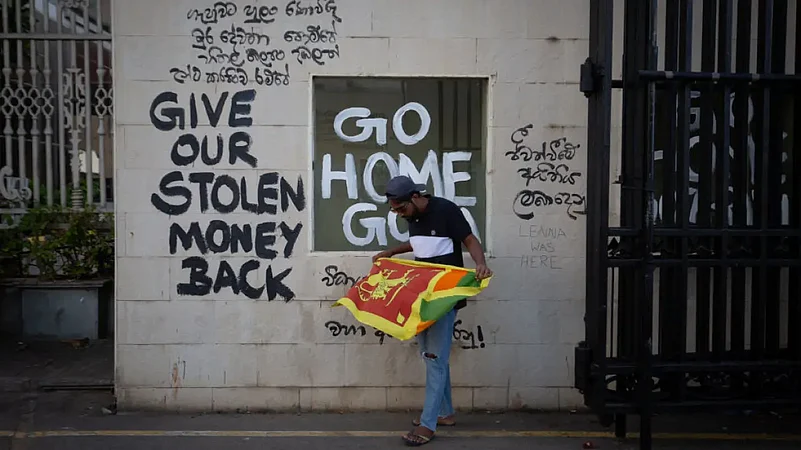




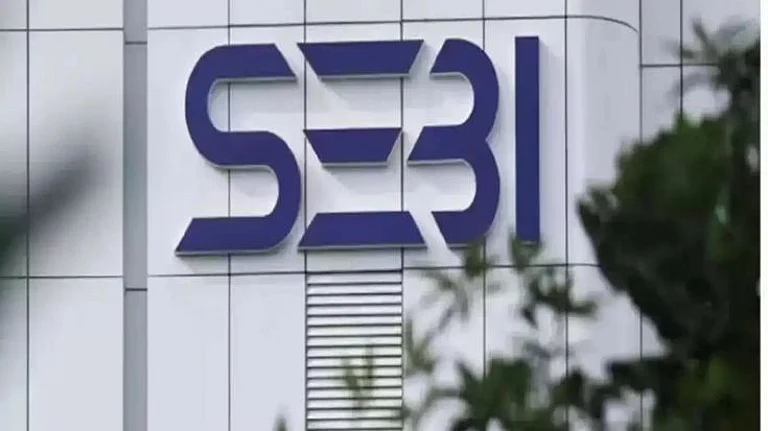
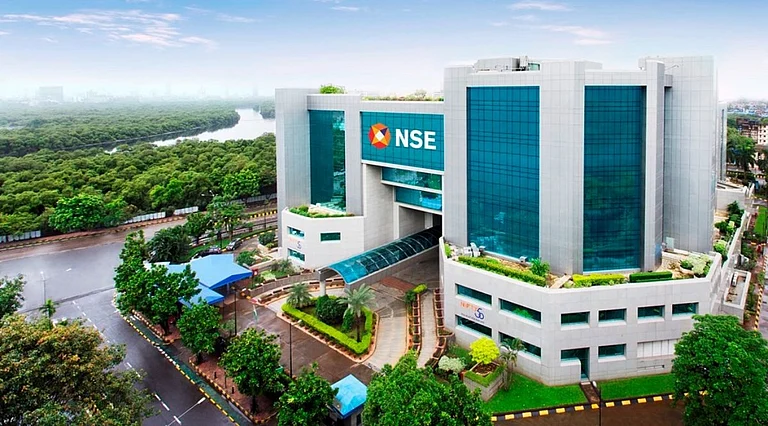

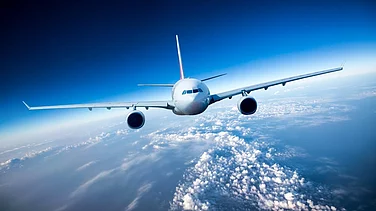
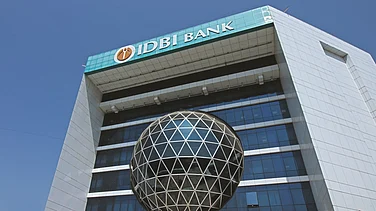










.jpg?w=200&auto=format%2Ccompress&fit=max)




